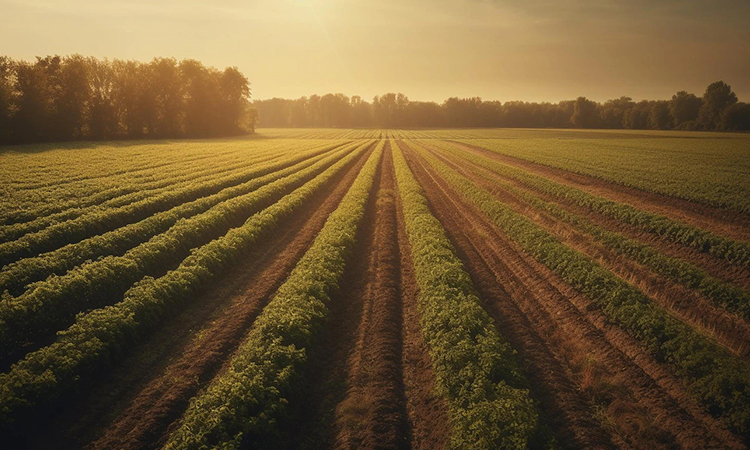Organic farming is a holistic approach to agriculture that emphasizes the use of natural techniques for crop cultivation and livestock rearing. This method of farming is gaining popularity as it promotes sustainability, environmental friendliness, and produces healthful food products. This article delves into the core techniques of organic farming and how they contribute to a sustainable future.
Understanding Organic Farming
Organic farming is a method of farming that avoids the use of synthetic fertilizers, pesticides, genetically modified organisms (GMOs), and growth hormones. It focuses on maintaining ecological balance and conserving biodiversity. This approach is not just about the end product but also about the process of growing food in harmony with nature.
Key Techniques in Organic Farming
- Soil Management: Healthy soil is the foundation of organic farming. Techniques like crop rotation, green manuring, and composting are used to enhance soil fertility and structure. These practices help in maintaining nutrient-rich soil, which is essential for healthy crop growth.
- Natural Pest Management: Instead of synthetic pesticides, organic farmers use natural methods for pest control. These include introducing beneficial insects that prey on pests, using plant-based pesticides, and practicing crop rotation to disrupt pest life cycles.
- Weed Management: Organic farmers control weeds through mechanical means like tilling and hand weeding, as well as through mulching, which suppresses weed growth and retains soil moisture.
- Water Conservation: Efficient water use is crucial in organic farming. Techniques such as drip irrigation and rainwater harvesting are employed to optimize water usage and reduce wastage.
- Use of Organic Seeds: Organic farming emphasizes the use of non-GMO seeds. These seeds are often more resilient and adapted to local growing conditions.
- Animal Husbandry: In organic farming, livestock are raised without the use of antibiotics or growth hormones. They are given organic feed and provided with conditions that respect their natural behavior, promoting animal welfare.
Benefits of Organic Farming
- Environmental Protection: Organic farming reduces pollution, conserves water, reduces soil erosion, increases soil fertility, and uses less energy.
- Health Benefits: Organic produce is free from synthetic chemicals and GMOs, making it a healthier option for consumers.
- Supporting Biodiversity: This farming practice supports biodiversity by providing a habitat for various living organisms and maintaining ecological balance.
Challenges in Organic Farming
While beneficial, organic farming faces challenges like higher labor requirements, the need for specialized knowledge, and often, higher costs of production. However, with growing consumer demand and increasing support from governments and environmental organizations, these challenges are being addressed progressively.
A Step Towards a Sustainable Future
Organic farming is more than a technique; it’s a philosophy of working in tandem with nature. By embracing these sustainable farming practices, farmers play a crucial role in preserving our environment and providing healthier food options. As consumers, choosing organic products is a powerful way to support this environmentally friendly approach and contribute to a sustainable future.
Next On Your Reading List:


